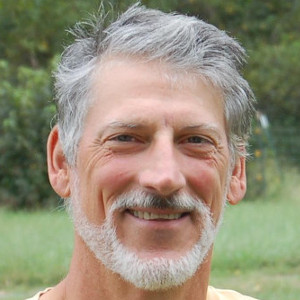My name is Tom Pfotzer. I want to help people build their local economy, one new product and one new business at a time.

I’m in my mid-sixties. During my professional career, I was an engineer and entrepreneur.
I did some volunteering in the local civic scene, joining various environmental advocacy groups.
We spent a lot of time complaining about what was wrong, but we never actually changed very much.
I learned that you can’t complain your way to solutions. Someone has to build those solutions.
I also came to the realization that change actually happens one new product at a time.
Consider railroads, electricity, steel, ships, mathematics, antibiotics, and the internet. Think about the impact these products had on the trajectory of humanity. A new product can have a lot of power to change things.
I also realized I have no political power; I’m never going to be able to get the national or even state governments to do anything. The one place I actually do have influence is within my own household, and a little bit at the local government level. That’s one big reason I’m so into “local” – it’s where I have agency – the power to get things done. I decide what I buy, what I create, and what I use.
There’s another really big reason I like “local”. Remember, I’m an environmentalist. Local producers and consumers are in a position to truly do recycling right. A small-scale manufacturer can decide to make a product that’s easily repaired, and will last for decades. Local producers can reduce or nearly eliminate packaging and transport. Local producers can create and use sustainable materials.
Local economic development – and new product development – might be able to turn the tide of centralization, concentration of wealth, and the adverse effect of automation on the value of labor. We might be able to actually fix our environment as we make our livings.
The information we provide here took me and my friends a lot of years to find and to learn, and now it’s time to hand this over to the next generation of creative people.
This website will make it much easier for you to develop a local economy, to develop new products, and to form a new local enterprise.